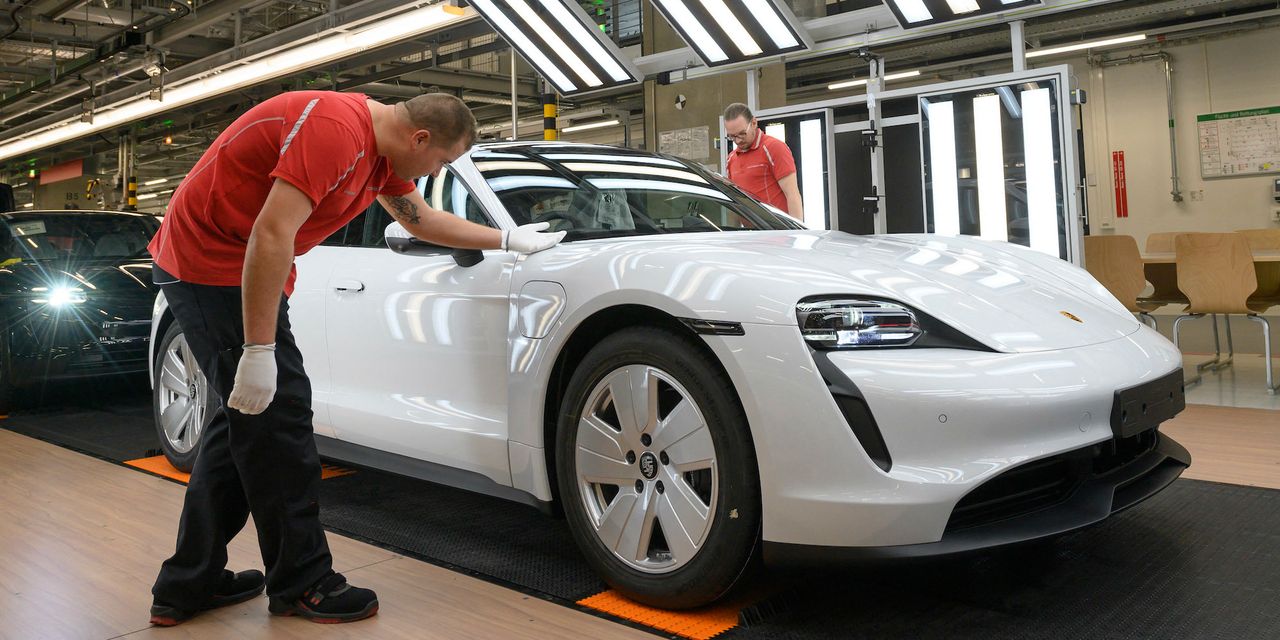The switch to electric vehicles won’t be linear. It will speed up day by day, a new report says, making up more than half of new car sales by 2030.
The study comes from Bloomberg NEF. Analysts there credit changes in the electric vehicle tax credit passed in August for the figure. Prior to passage of the Inflation Reduction Act in August, projections for EV sales by 2030 came in at 43% of the US market, Bloomberg says. “With the climate-spending measure in place, that estimate was revised upwards to 52%.”
Law removes rebate caps
The act makes buyers of some new electric cars eligible for an upfront discount rather than an after-sale tax rebate. Also, under the old system, an automaker could sell just 200,000 EVs with the rebate. Under the new program, that cap is gone.
See: Americans want EV tax incentives. But are they ready to lose gas cars forever?
EV production moving to U.S.
It also introduces new restrictions that, in the short term, mean few electric cars qualify for the credit. EVs must be built in North America to qualify. Few are, but automakers have already begun shifting production to the U.S. to ensure their vehicles are eligible for the discount.
The act also introduces an escalating requirement that battery components come from the U.S. or its major trade partners, cutting China out of the supply chain for EVs sold in the U.S. Industry analysts say that will be the hardest part for the auto industry to comply with.
Bloomberg notes that “the three automakers with the most domestic battery production coming online in the near term — Tesla
TSLA,
GM
GM,
and Ford
F,
— are set to benefit most from the new law” because they are closest to complying with the trade rules.
The act also introduced price and income caps to ensure that its benefits help lower EV prices.
Also see: Biden to Detroit Auto Show: First $900 million to fill gaps in EV charging network is on its way
Analysts: Not much change this year. Then it speeds up.
In 2021, Bloomberg reports, less than 5% of new cars sold in the U.S. were electric. But studies have shown that EV adoption snowballs.
“In the next year or so, there shouldn’t be too much of a difference [in sales],” said BloombergNEF electric car analyst Corey Cantor. “Later in the decade, we expect not only the EV tax credit but the battery production tax credit to drive a steeper decline in EV costs.”
Read: Finally, new car inventory is up; what it means for car shoppers
Several states will need adoption to speed up after 2030 to hit a more aggressive target. California, Massachusetts, New York, and Washington have all taken steps to require 100% of new car sales to be electric by 2035.
This story originally ran on KBB.com.
